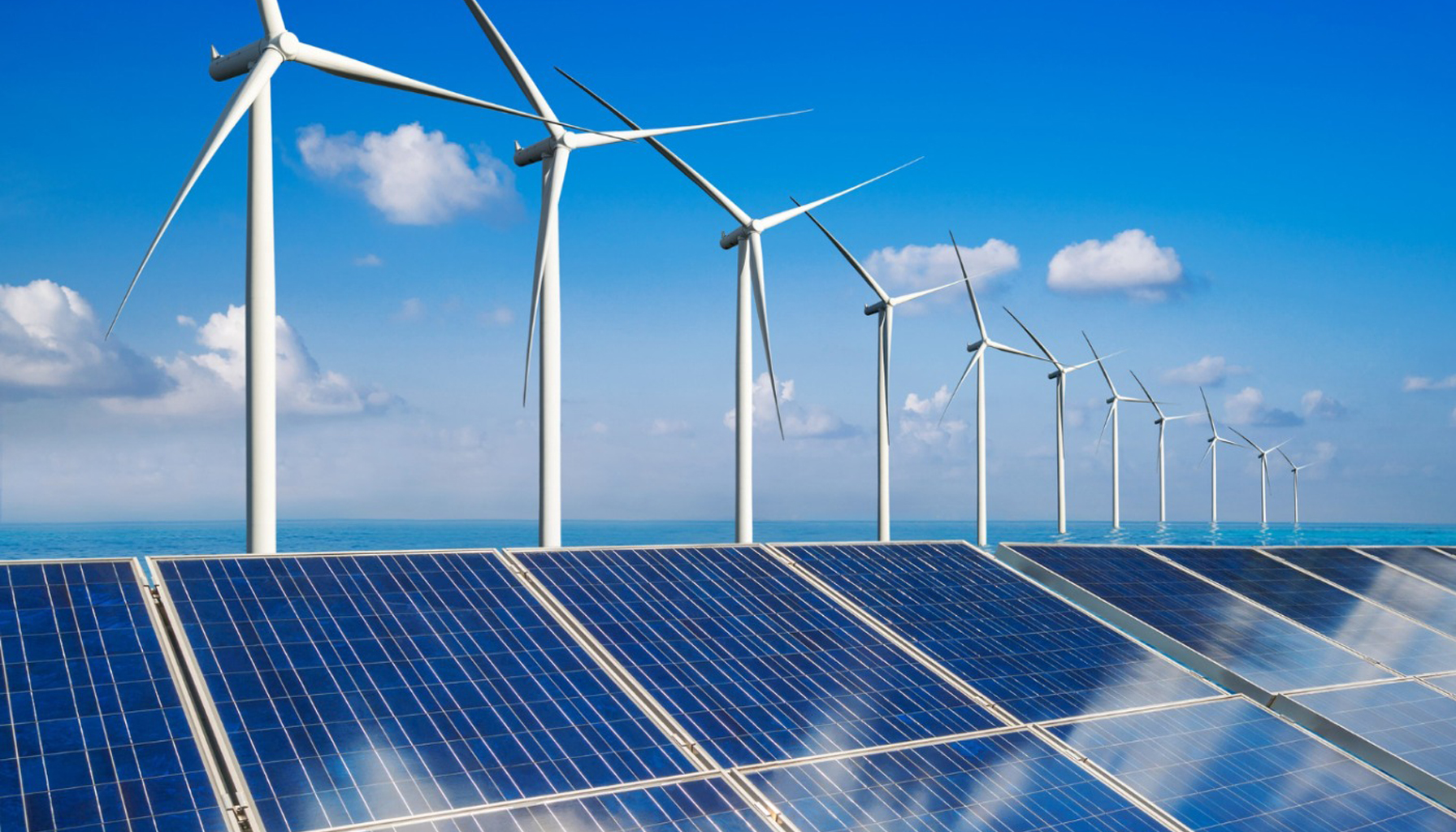The Energy Regulatory Commission (ERC) announced a new regulation on September 20, 2024, titled "Regulation of the Energy Regulatory Commission on Procuring Electricity from Renewable Energy in the form of Feed-in Tariff (FiT) for the years 2022-2030 for groups without fuel costs, 2022 (additional)”.
This regulation is aimed at supporting Thailand's transition to clean energy and mitigating carbon dioxide emissions to achieve Net-Zero Carbon Emission. The preceding regulation, titled "Regulation of the Energy Regulatory Commission on Procuring Electricity from Renewable Energy in the form of Feed-in Tariff (FiT) for the years 2022-2030 for groups without fuel costs, 2022," was effective from its publication date and addressed various types of renewable energy, including biogas, wind, and solar energy integrated with Battery Energy Storage System (BESS). The need for this amendment arose due to the evolving energy landscape and the necessity of setting clearer targets and refining the project selection process. The previous regulation exhibited certain limitations and ambiguities that necessitated rectification to ensure a more efficient and targeted approach to renewable energy procurement.
Key Points from the Regulation
- Additional Purchase Targets: Wind energy: 600 MW; Ground-mounted solar energy: 1,450 MW
- Selection Criteria: Applicants must pass minimum technical readiness criteria (Pass/Fail Basis); Projects will be evaluated based on a quality scoring system
- Flexibility in Implementation: The ERC can adjust annual electricity purchase targets based on the following factors: 1) Technical readiness scores; 2) Proposed electricity selling prices; 3) Scheduled Commercial Operation Date (SCOD); 4) Power system capacity
- New Security Requirements: Applicants must provide new electricity sales proposal securities as per the criteria set by the electricity authority
- Potential for Increased Capacity: The ERC may consider increasing the power capacity for selected applicants to optimize power grid utilization
- Pricing Considerations: Selected applicants may propose to reduce their selling price to align with the clean energy production expansion plan under PDP2018 Rev.1
- The Electricity Authority issued an announcement on October 8, 2024, detailing the procedures, locations, timeframes, and other conditions related to the purchase of electricity. Applicants wishing to produce additional electricity must submit their expression of interest to participate in the project selection process within 30 days.
Conclusion
The amendments in the current regulation are designed to streamline the project selection process, establish clear renewable energy targets, and allow for flexibility in adapting to grid capacity and policy changes. This approach could lead to more efficient and targeted investments in renewable energy, though it may also present challenges for applicants in meeting stringent quality criteria and navigating potential proposal rejections.
Current Situation of the Energy Sector in Thailand
The energy sector in Thailand, particularly in the realms of wind and solar power, is poised for significant growth under the new regulation. The clear targets for wind and solar energy are expected to drive more focused investments in these areas. The previous regulation posed challenges due to its detailed criteria and conditions for project selection, which sometimes resulted in ambiguities and inefficiencies. The new regulation addresses these concerns by simplifying the selection criteria and providing flexibility in adapting to grid capacity and policy changes. Consequently, this is anticipated to lead to a more streamlined and efficient approach to renewable energy procurement, ultimately supporting Thailand’s transition to clean energy and achieving Net-Zero Carbon Emission.
[Contact Person: Mr. Numpol Thonguthaisri | Partner]

